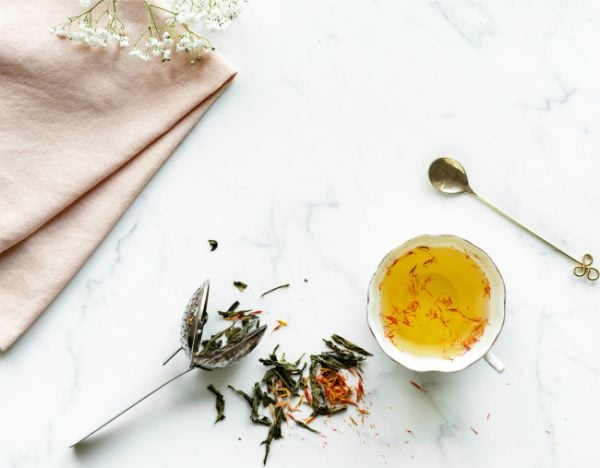
Do you drink freshly brewed coffee to start off your day? Or is a cup of English breakfast tea a better option for you?
Your choice could be a result of your genes, and how they affect your experience of bitter flavours.
Published today, our new study shows that the likelihood of a person being a coffee drinker or a tea drinker is linked with the presence or absence of key genes that shape how bitter flavours taste.
Mmmmm tastes bitter…
Tea and coffee generally taste bitter because they contain bitter-tasting substances such as caffeine. Quinine is another substance that contributes to the bitterness of coffee, and is also found in tonic water.
A recent study by my colleagues and I revealed bitter taste receptor genes that are responsible for the perception of caffeine, quinine and a man-made bitter substance propylthiouracil (PROP). This latter molecule has the same bitterness as Brussels sprouts (for those of us who can taste it).
We knew from previous research that inherited factors play a role in the amount of coffee and tea a person drinks a day, and that the ability to digest caffeine plays an important role in the people’s consumption of caffeinated beverages.
But we didn’t know whether genes for bitter taste perception were involved in determining consumption of bitter-tasting beverages. Previous studies with small sample sizes reported no or inconsistent relationships.






























































































